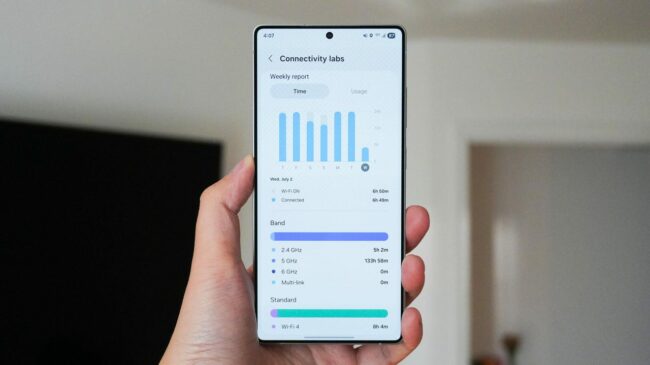These United States: New Year’s Eve ball drop
Since 1907, New Yorkers have marked the New Year with the ceremonial dropping of a huge ball in Times Square. Mo Rocca examines the new Constellation Ball, covered with more than 5,000 handcrafted Waterford Crystal discs, that will help ring in 2026.


